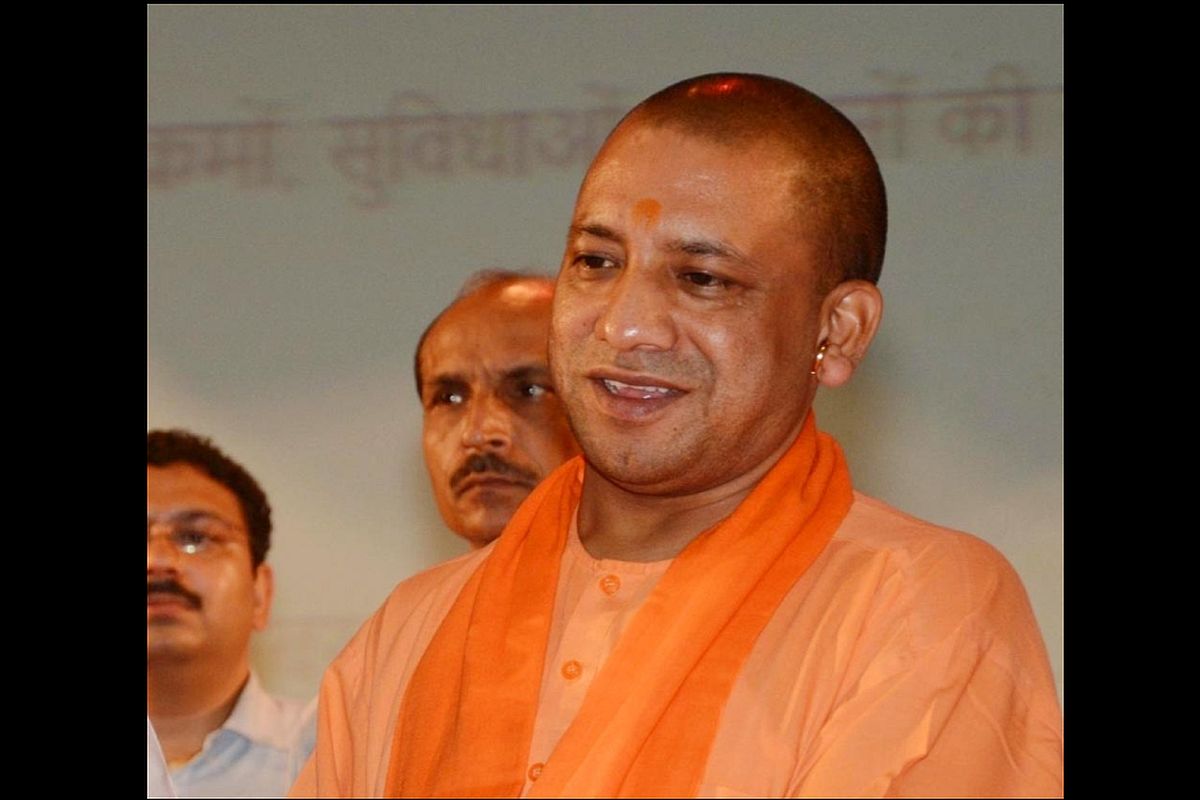Over half of the world’s Sanatan devotees have taken a holy dip at Mahakumbh: CM Yogi
Praising the contributions of Kanchi Kamakoti Peeth, CM Yogi highlighted its pivotal role in preserving and strengthening Sanatan Dharma.
The Chief Minister said the previous governments had abolished 54 Provincial Armed Constabulary (PAC) companies, while the present BJP government which is committed to a strong law and order situation in the state has also set up three PAC companies of women.

Uttar Pradesh Chief Minister Yogi Adityanath. (Photo: IANS)
Uttar Pradesh Chief Minister Yogi Adityanath on Saturday described the Samajwadi Party as a dispensation promoting corruption, nepotism, casteism and neglect of merit during recruitment. Yogi said between 2012 and 2017, appointments to government posts in the state were distributed among the members of only one family.
One appointment process was looked after by some influential uncle while the other was allotted to a nephew, maternal uncle or grandfather. The Chief Minister was having a face-to-face meeting with the youth during the distribution of appointment letters to 271 Block Education Officers (BEOs) in the Basic Education Council at Lok Bhavan here.
Advertisement
Yogi said since 2017, appointments have been made to four lakh government posts. This is the highest in any four consecutive years since 1950. Many states may not have had so many appointments since decades. As many as 1.2 lakh appointments have been made in the Basic Education Council. There were appointments to 1.37 lakh posts in the police department.
Advertisement
The Chief Minister said the previous governments had abolished 54 Provincial Armed Constabulary (PAC) companies, while the present BJP government which is committed to a strong law and order situation in the state has also set up three PAC companies of women.
Yogi said earlier caste, religion and money was the basis for getting a job. The youth was desperate and dejected.
Drawing comparisons of one dynasty to the characters of the Mahabharata, the Chief Minister said during that period the uncle-maternal uncle-grandfather blocked the progress of India, similarly a single family remained an impediment to the progress of Uttar Pradesh.
Yogi said now in Uttar Pradesh only competitiveness and merit are the criteria for getting government jobs. No one can say any longer that they got a job by paying money or through influence.
The Chief Minister congratulated the newly appointed BEOs who joined the Basic Education Council and also spoke about the corruption in the various selection commissions/recruitment boards of the state four years ago.
Advertisement